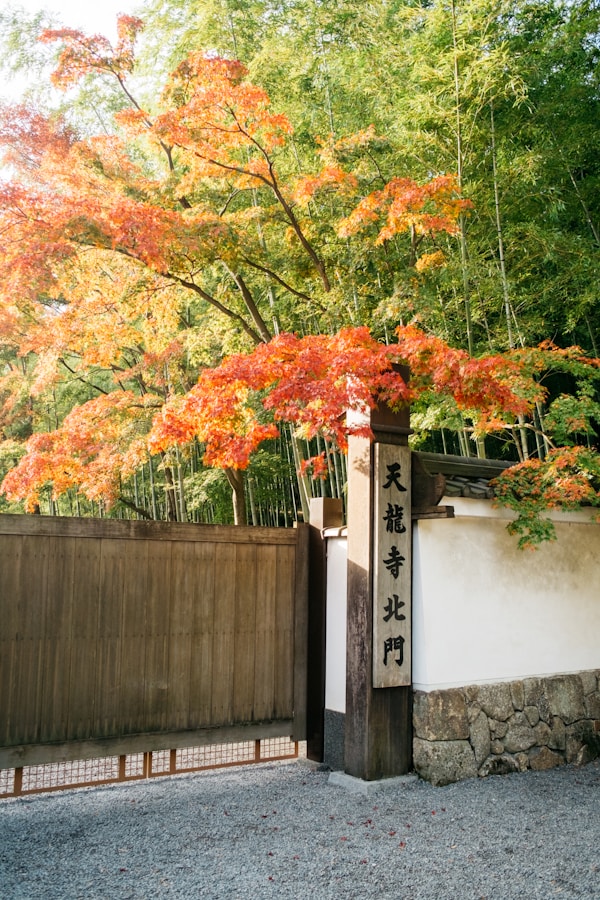.svg)
How to Navigate the Akiya Bank Listings to Find Your Ideal Home
.svg)
.svg)
.svg)

Selling a home in Japan involves legal procedures and paperwork, and any mistakes can cause delays, financial losses, or even legal disputes. Whether you’re selling a modern home, a traditional machiya, or an akiya (vacant house), it’s crucial to ensure that everything is in order before finalizing the sale.


Selling a home in Japan involves legal procedures and paperwork, and any mistakes can cause delays, financial losses, or even legal disputes. Whether you’re selling a modern home, a traditional machiya, or an akiya (vacant house), it’s crucial to ensure that everything is in order before finalizing the sale.
This guide highlights common legal pitfalls that sellers should watch out for and how to avoid them.

✔ Obtain a Property Registration Certificate (登記事項証明書 – Tōki Jikō Shōmeisho) from the Legal Affairs Bureau (法務局) to confirm ownership.
✔ If the property was inherited, ensure proper title transfer before selling.
✔ Verify zoning laws and land-use restrictions through the local municipal office.
✔ If co-owned, get written consent from all owners before listing the property.
✔ Prepare a Seller’s Disclosure Statement (重要事項説明書 – Jūyō Jikō Setsumeisho) listing all known defects.
✔ If unsure, hire a home inspector (住宅診断士 – Jūtaku Shindanshi) to assess the property.
✔ Be upfront about earthquake history, foundation stability, or termite damage.
✔ If selling an as-is akiya, state clearly that repairs are the buyer’s responsibility.
✔ Ensure you have the following required documents:
✔ Calculate Capital Gains Tax (譲渡所得税 – Jōto Shotokuzei) based on property ownership period:
✔ Pre-screen buyers before accepting an offer.
✔ Ask for proof of mortgage pre-approval from a Japanese bank.
✔ Prefer cash buyers if selling an akiya or rural home for a faster closing.
✔ If selling to a foreign buyer, ensure they understand payment procedures in Japan.
✔ Research comparable sales in the area before setting a price.
✔ Consider offering small incentives (covering closing costs, minor repairs) instead of large discounts.
✔ Be open to reasonable offers to avoid a long selling process.
✔ Work with Old Houses Japan to attract serious buyers at the right price.
✔ Use a real estate lawyer or judicial scrivener (司法書士 – Shihō Shoshi) to handle ownership transfer.
✔ Ensure all required documents are submitted to the Legal Affairs Bureau (法務局).
✔ Conduct a final walkthrough with the buyer before handover.
✔ Confirm that utilities, taxes, and fees are settled before closing.
Selling a home in Japan requires careful attention to legal and financial details. Mistakes can lead to delays, extra costs, or even legal disputes. However, with proper preparation, you can ensure a smooth and hassle-free transaction.
✔ Verify ownership records and land-use restrictions before listing.
✔ Disclose all property defects to avoid post-sale disputes.
✔ Ensure you have all required legal documents ready.
✔ Understand and plan for taxes, fees, and agent commissions.
✔ Screen buyers properly to avoid financing delays.
✔ Work with legal professionals for ownership transfer.
Old Houses Japan specializes in helping sellers navigate the Japanese real estate market smoothly. Looking for expert guidance? Contact Old Houses Japan today to avoid legal pitfalls and sell with confidence!
Start your journey with Luxey today! Sign up for free and get instant access to the best property listings.



